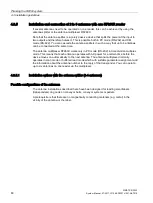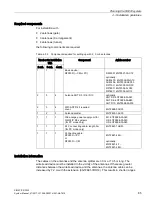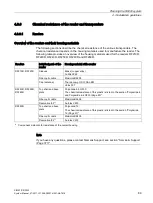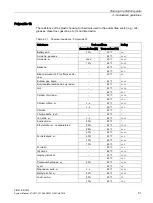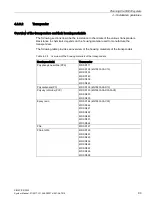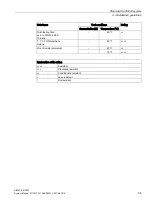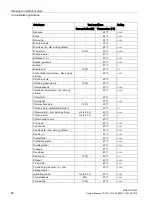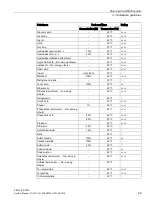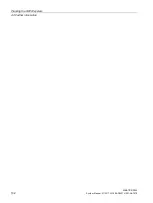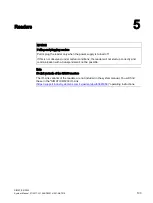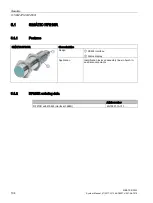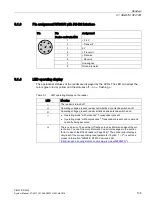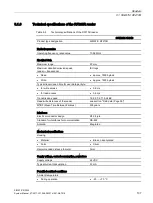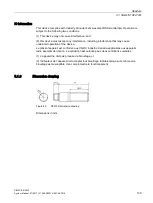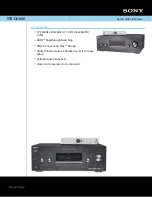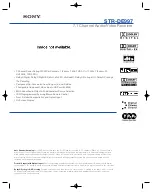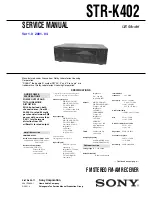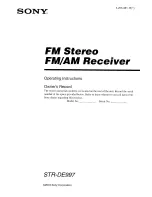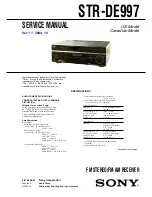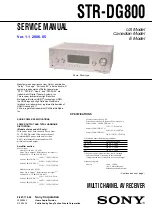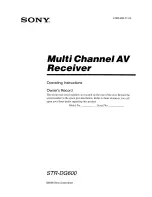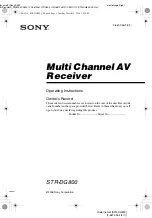
Planning the RF200 system
4.3 Installation guidelines
SIMATIC RF200
94
System Manual, 07/2017, J31069-D0227-U001-A9-7619
Note
Chemical substances not listed
The following sections describe the resistance of the various transponders to specific
substances. If you require information about chemical substances that are not listed, contact
Customer Support.
Polyphenylene sulfide (PPS)
The data memory has special chemical resistance to solutions up to a temperature of 200
°C. A reduction in the mechanical properties has been observed in aqueous solutions of
hydrochloric acid (HCl) and nitric acid (HNO3) at 80 °C. The plastic housings are resistant to
all types of fuel including methanol.
Table 4- 39 Chemical resistance - polyphenylene sulfide (PPS)
Substance
Test conditions
Rating
Concentration [%] Temperature [°C]
Acetone
-
55 ℃
++++
n-Butanol (butyl alcohol)
-
80 ℃
++++
Butanone-2 (methyl ethyl ketone)
-
60 ℃
++++
n-Butyl acetate
-
80 ℃
++++
Brake fluid
-
80 ℃
++++
Calcium chloride (saturated)
-
80 ℃
++++
Diesel fuel
-
80 ℃
++++
Diethyl ether
-
23 ℃
++++
Frigen 113
-
23 ℃
++++
Anti-freeze
-
120 ℃
++++
Kerosene
-
60 ℃
++++
Methanol
-
60 ℃
++++
Engine oil
-
80 ℃
++++
Sodium chloride (saturated)
-
80 ℃
++++
Sodium hydroxide
30%
80 ℃
++++
Sodium hypochlorite
(30 or 180 days)
5%
80 ℃
++
5%
80 ℃
-
Sodium hydroxide solution
30%
90 ℃
++++
Nitric acid
10%
23 ℃
++++
Hydrochloric acid
10%
80 ℃
-
Sulfuric acid
10%
23 ℃
++++
10%
80 ℃
++
30%
23 ℃
++++
Tested fuels
-
80 ℃
++++

